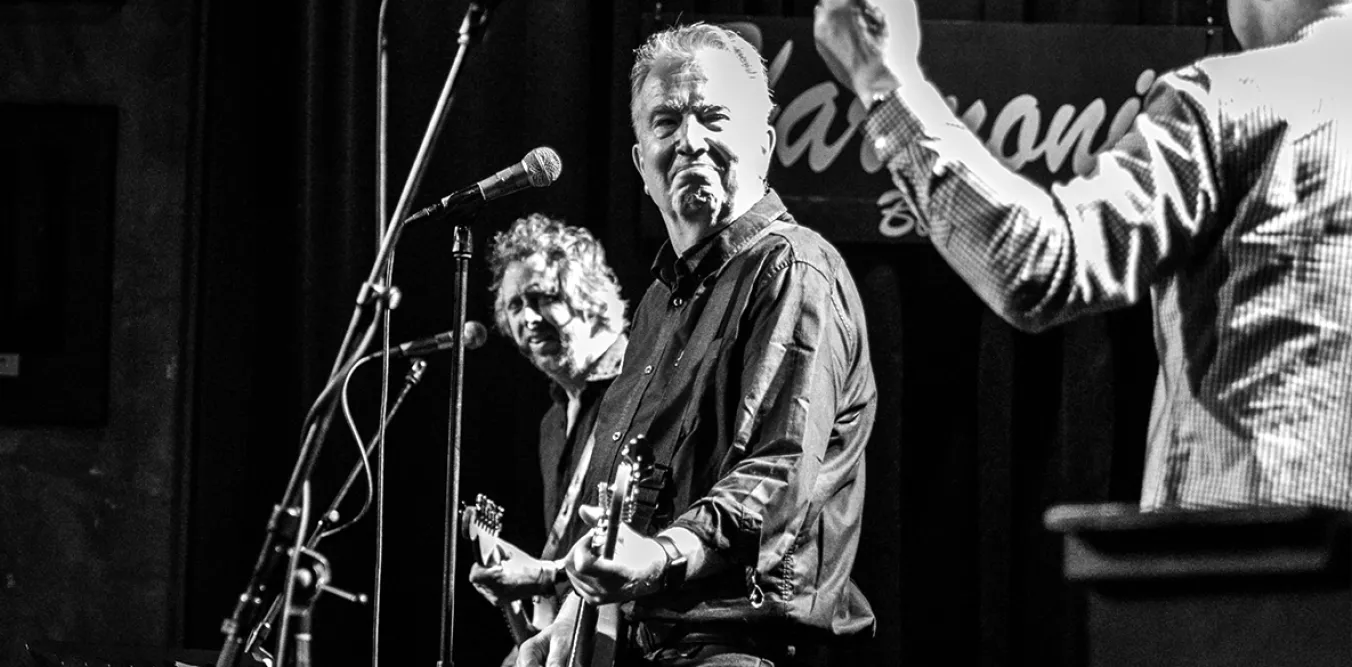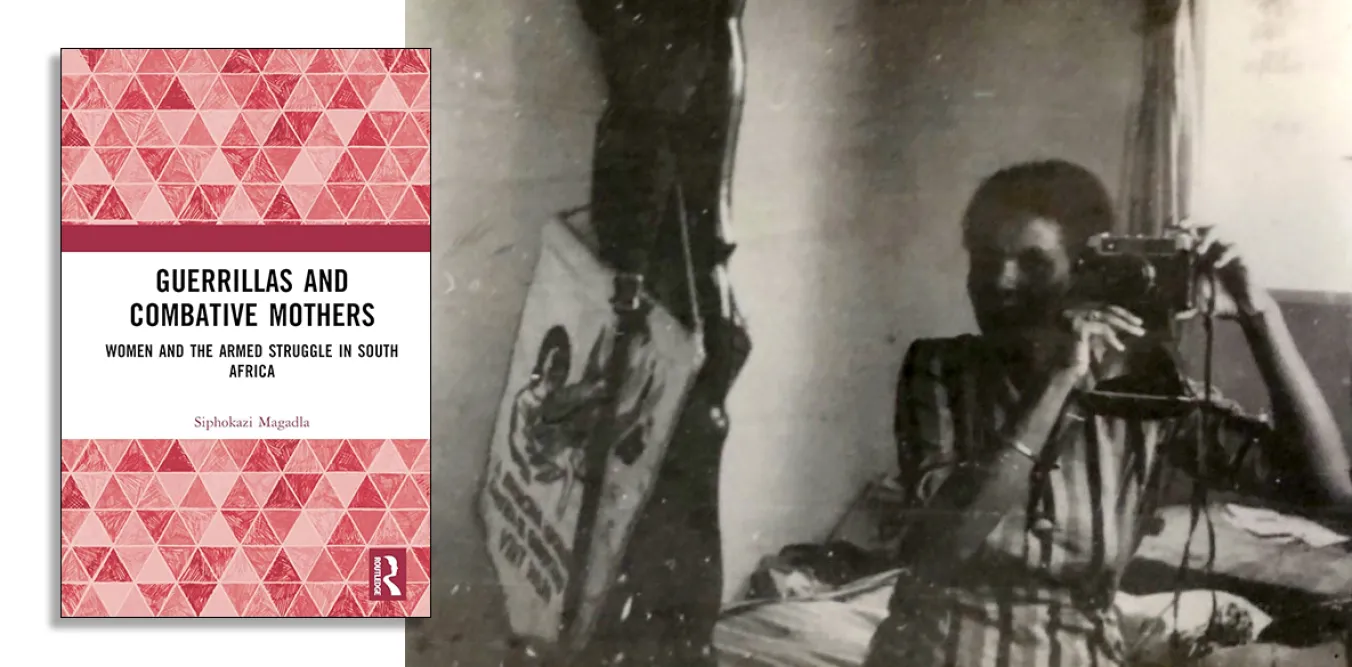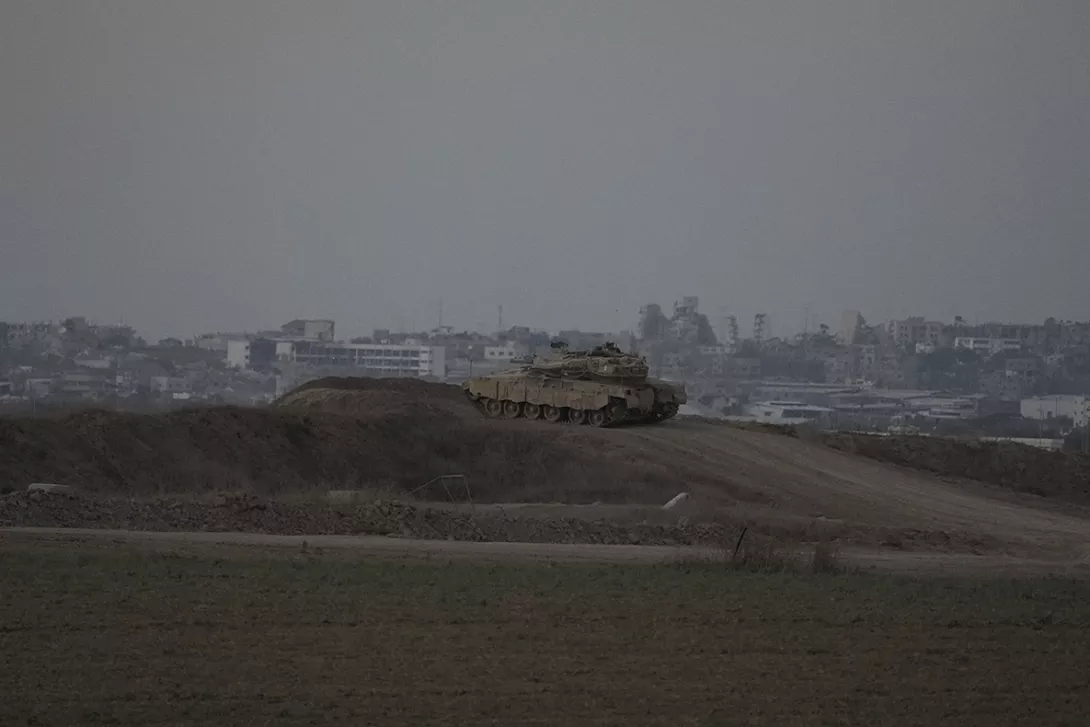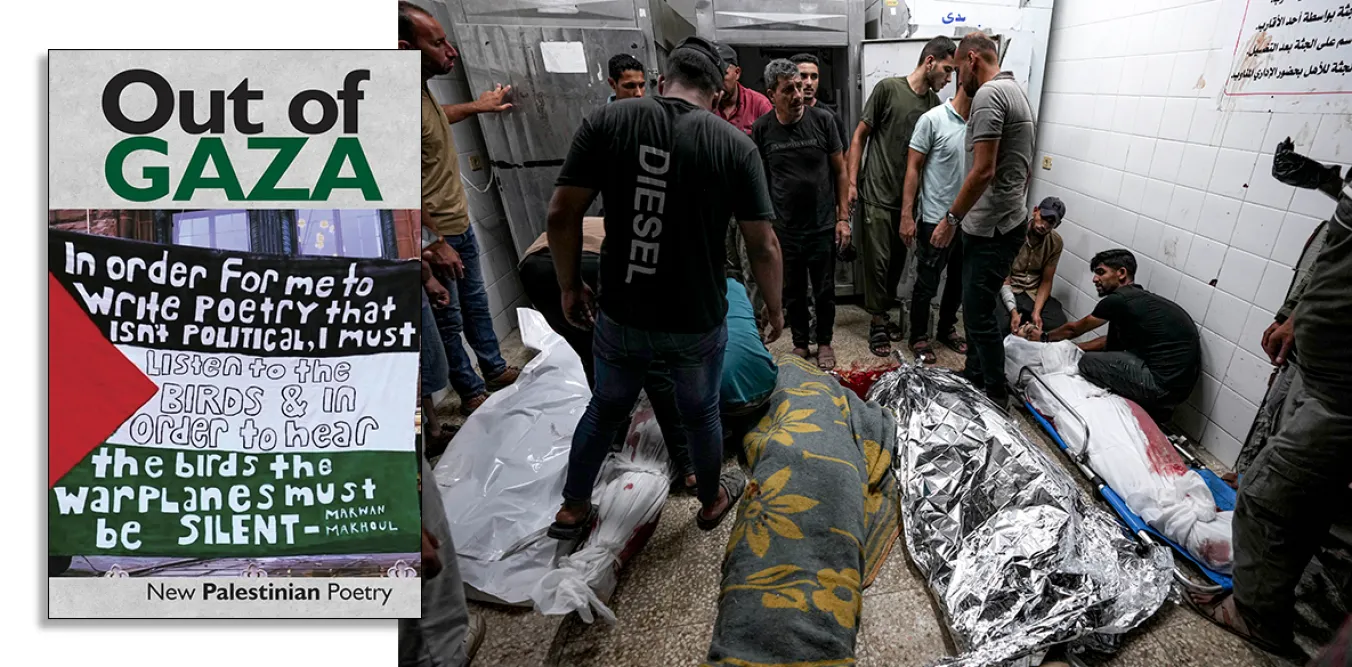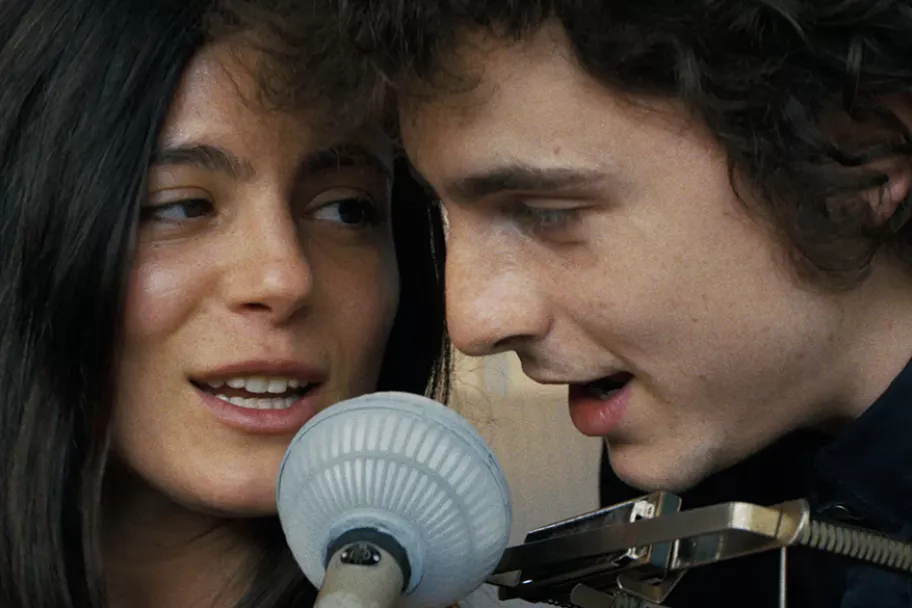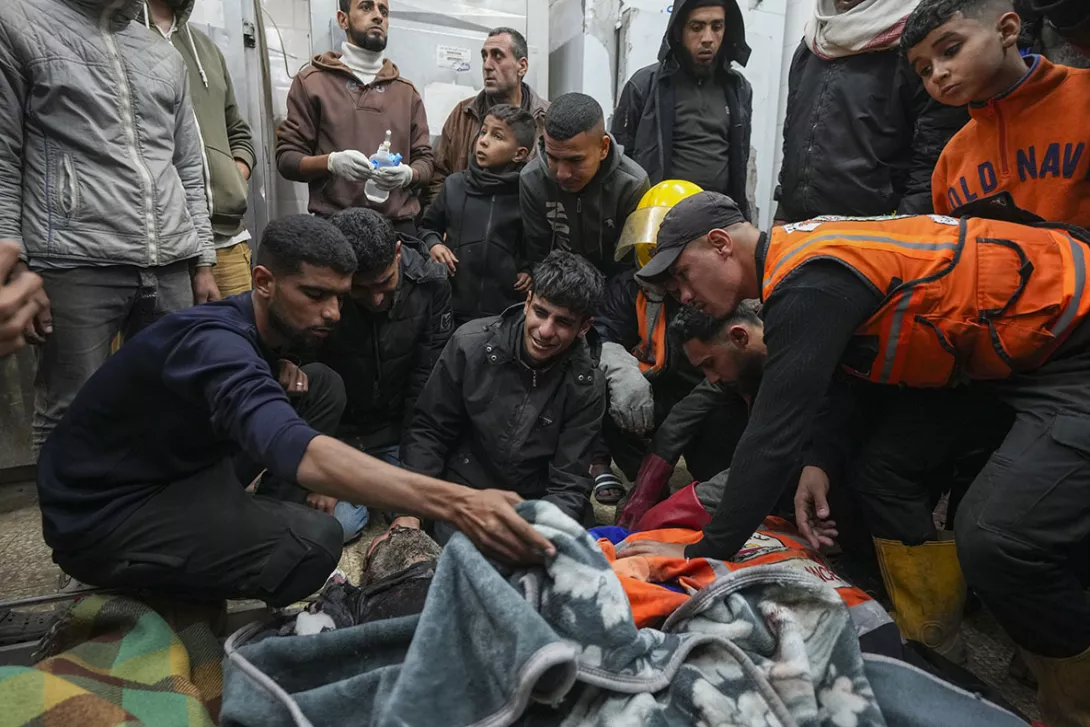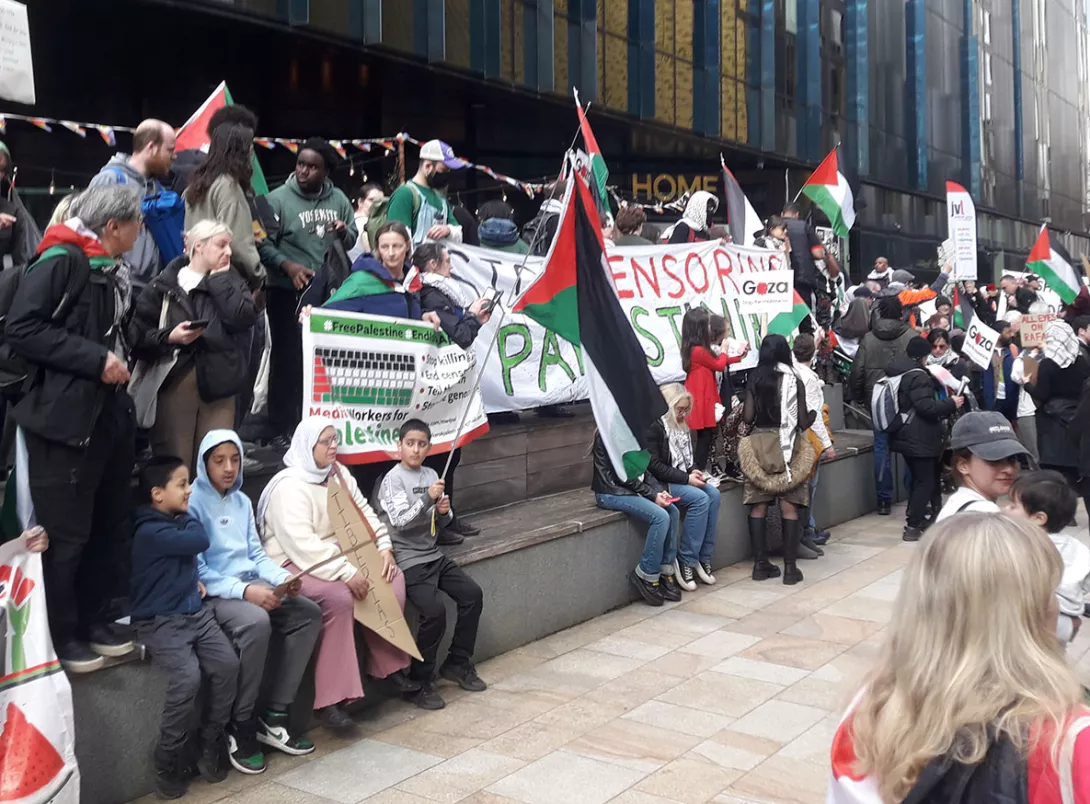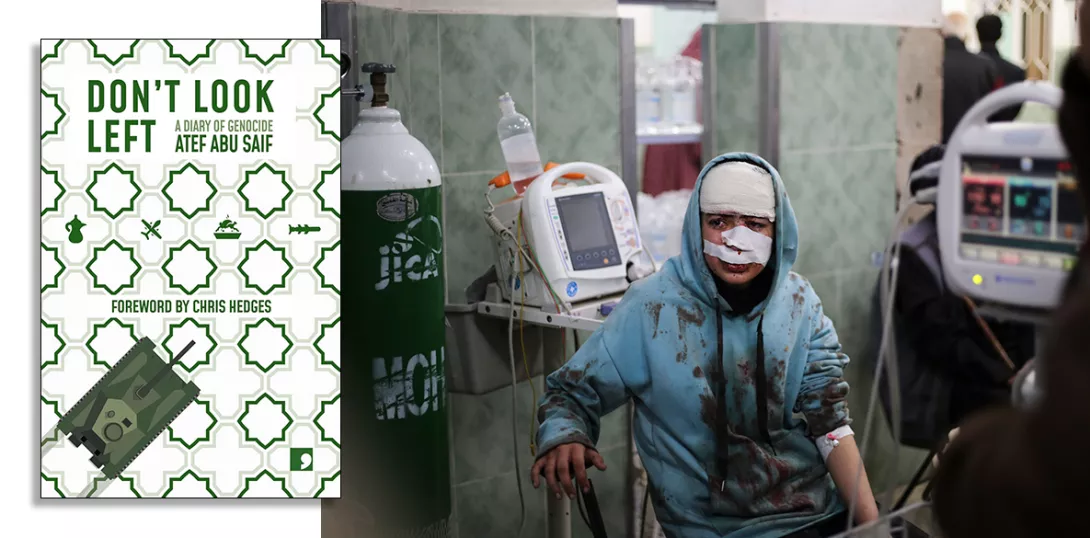
Don’t Look Left: A Diary of Genocide
by Atef Abu Saif
Comma Press, £11.99
WEAPONRY deployed in Israel’s assault on Gaza includes drones, tanks, missiles, gunships, F-16s and the relentless propaganda of journalists in the service of capitalist imperialism. Propaganda kills because, as the late John Pilger asserted: “In this age of endless imperial war, the lives of countless men, women and children depend on the truth.”
Rishi Sunak’s immediate response to military atrocities that have now killed 28,000 people, more than 11,000 of them children, was to tell Israel: “We want you to win.” In October, Keir Starmer informed the Labour conference that Israel had “the right” to withhold water and power from Gaza. Interviewers on C4 and BBC failed to challenge the bellicose assertions of Israel’s British ambassador, Tzipi Hotovely. The journalists-turned-courtiers of the mainstream media are spinning acts of genocide against Gazans in terms of “Israel’s right to self-defence.” Meanwhile, the slaughter, privation and suffering continues.
Comma Press provide an effective antidote to the poison of corporate-controlled journalism in the form of an authentic voice from the front line of oppression. Don’t Look Left is a diary of devastation by Atef Abu Saif, a writer and minister for culture in the Palestinian Authority. Atef’s despatches — delivered to Comma’s Ra Page in English as WhatsApp texts and voice-memos — open with the onset of Israel’s war on Gaza on October 7 and cover 84 days of grief and courage. It’s harrowing, but life-affirming: Atef’s family and friends exhibit a breathtaking determination to retain their humanity and survive.
I would urge Alice Wairimu Nderitu, the UN special adviser on genocide who offered no criticism of Israel following the first wave of atrocities, to read Atef’s eyewitness accounts.


